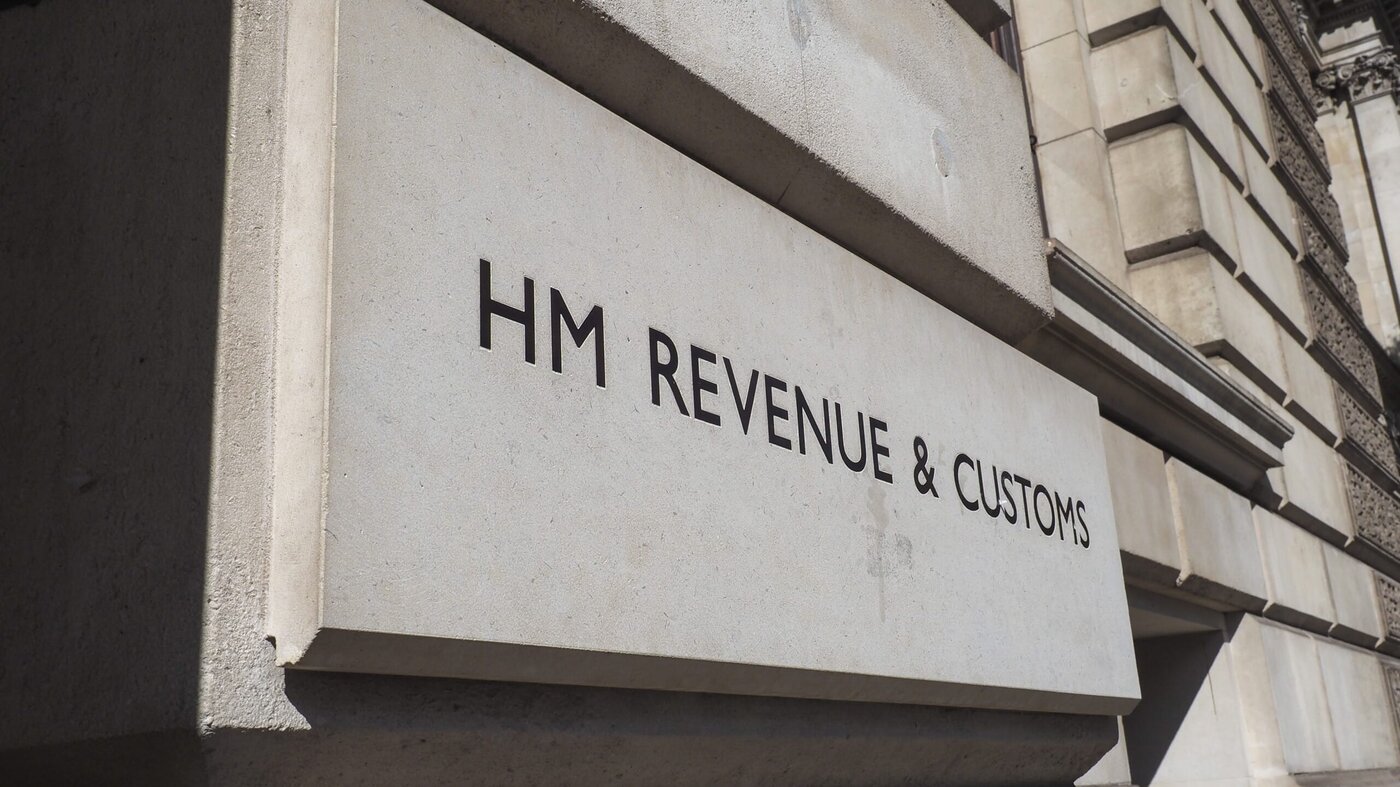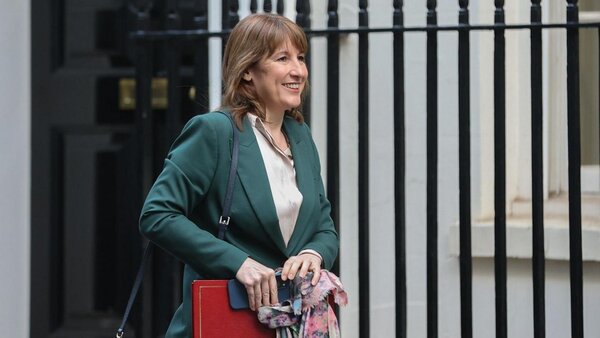Lets Break it down
Paying taxes isn’t anyone’s favourite activity. But thanks to open banking, HMRC is making the whole process smoother for everyone involved. The UK is recognized as a global leader in open banking, with the public sector and government departments like HMRC adopting this technology to improve services and efficiency.
This technology is changing how we interact with the tax system, creating new connections between our financial data and the tax authority. The Open Banking Implementation Entity, established by the Competition and Markets Authority, plays a key role in driving open banking adoption in the UK.
The result? Less paperwork, fewer mistakes, and a clearer picture of your tax situation throughout the year.
Pie tax makes navigating these new open banking connections painless with our simple tax dashboard that connects directly to your accounts. Or if you’re just here to get to grips with it all, let’s break it down!
What exactly is open banking?
Open banking allows your financial information to be shared securely between banks and authorised third parties with your permission. This is made possible by application programming interfaces (APIs) and open banking technology, which form the foundation of secure data sharing by enabling different computer systems to communicate safely.
For taxpayers, this means your banking data can flow directly into tax systems without you having to manually input everything.
Financial technology and the open banking ecosystem enable secure access to your financial data for tax purposes, streamlining processes and improving efficiency.

How open banking helps HMRC collect tax
Open banking payments and payment initiation services enable HMRC to collect tax payments more efficiently, including corporation tax and customs duties. HMRC can now receive accurate financial information in real-time with your consent, streamlining the payment process and improving the accuracy of payments.
This reduces the tax gap the difference between what should be collected and what actually is collected. It makes it harder to accidentally or deliberately misreport income. Payment details and payment references are passed securely to HMRC, reducing the risk of payments being sent to the wrong account and ensuring they are matched to the right person.
The system also helps identify unusual patterns that might indicate tax errors, allowing for quicker corrections. Open banking use by HMRC supports open finance initiatives, increases competition in retail banking, and benefits small businesses and the UK's small businesses.
The adoption of open banking payments helps prevent fraudulent activity and reduces reliance on credit or debit card and direct debit payment methods.
Making Tax Digital gets supercharged
Open banking forms the backbone of HMRC’s Making Tax Digital initiative. It creates seamless connections between financial data and tax returns. Open banking enables direct payments from bank accounts, including secure bank transfers, for VAT and other tax payments.
Self-employed people benefit too, as income and expenses can be categorised automatically. This makes self-assessment much less of a headache. Recurring payments and variable recurring payments can be managed more flexibly than traditional direct debits, giving businesses across different industries better control over their tax obligations.
Last year, I switched to an open banking-connected system for my freelance work. What used to take me a full weekend now takes under an hour. The open banking ecosystem supports automation and efficiency for a wide range of business types.

Benefits for everyday taxpayers
The most obvious benefit is time saved. No more hunting through bank statements trying to remember what each transaction was for. Open banking enables consumers to approve tax payments directly from their mobile banking app, making the process more convenient for customers. With open banking, your financial data is organised automatically.
This makes it easier to spot tax-deductible expenses you might have missed. You’re less likely to over or underpay your taxes. Calculations are based on actual transaction data rather than estimates. these innovative service improvements for customers result in a more user-friendly and efficient tax experience.
How businesses are benefiting
For small business owners, open banking provides efficient payment methods and services tailored to their industry. The UK's small businesses benefit from direct links between banking and accounting systems, automating much of the bookkeeping process.
VAT returns become less stressful as transactions are categorised in real-time. Tax calculations are updated automatically. Open banking payments benefit businesses across different industries by streamlining tax payments and improving cash flow.
Cash flow improves because you can see your tax position throughout the year, not just at filing deadlines. Business expenses are flagged and categorised as they happen. This makes it easier to claim everything you’re entitled to.

Is your data safe?
Open banking uses bank-grade security protocols. All connections are encrypted to the highest standards. To prevent fraudulent activity, open banking systems include checks that verify the authenticity of bank details and ensure that only authorised access to your financial data is permitted. You always maintain control over what’s shared.
HMRC can only see the data you specifically authorise. The system is regulated by the Financial Conduct Authority. There are strict rules about how your information can be used.
Regular security audits ensure the ongoing protection of your sensitive financial information.
What's coming next for tax and banking
HMRC is working toward more automated tax assessments using banking data. This could potentially eliminate the need for annual returns altogether.
Ongoing innovation and the awarding of a new contract to technology providers like Ecospend have created significant opportunities for HMRC to enhance public sector services. Key dates for these new contracts mark the rollout of advanced open banking features, driving further improvements in efficiency and service delivery. We’ll likely see more personalised tax services that adapt to your specific financial situation and needs.
Real-time tax calculations could become the norm. Tax might be paid as income is earned rather than in large annual or quarterly chunks. Smart algorithms will help identify potential tax savings based on your spending and earning patterns.

Final Thoughts
Open banking is transforming the relationship between taxpayers and HMRC. It's making the process more transparent and efficient. For most people, this technology means less time spent on tax admin. You'll have more confidence that you're paying the right amount.
While the system continues to develop, the foundations are firmly in place for a simpler, more accurate tax experience.
Pie tax: Simplifying how open banking helps HMRC Tax
Taking advantage of open banking shouldn't give you a headache. The UK's first personal tax app, Pie tax, makes it simple by connecting directly to your accounts. Our dashboard shows your real-time tax position across employment, self-employment, and property income.
You'll always know where you stand. We automatically categorise transactions for tax purposes, flagging deductible expenses you might otherwise miss. This could potentially save you hundreds of pounds. When it's time to file, we've built a direct connection to HMRC.
This turns what used to be hours of work into a few simple clicks. Curious to see how it works? Explore the Pie tax app to discover how we're making tax simpler for everyone.











